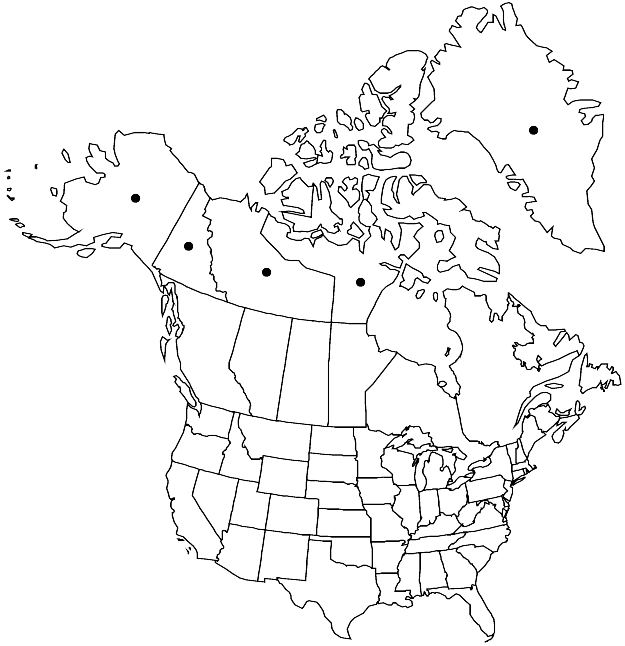Difference between revisions of "Orthothecium rufescens"
in P. Bruch and W. P. Schimper, Bryol. Europ. 5: 107. 1851.
FNA>Volume Importer |
imported>Volume Importer |
||
| Line 50: | Line 50: | ||
|publication year=1851 | |publication year=1851 | ||
|special status= | |special status= | ||
| − | |source xml=https:// | + | |source xml=https://bibilujan@bitbucket.org/aafc-mbb/fna-data-curation.git/src/bb6b7e3a7de7d3b7888a1ad48c7fd8f5c722d8d6/coarse_grained_fna_xml/V28/V28_866.xml |
|genus=Orthothecium | |genus=Orthothecium | ||
|species=Orthothecium rufescens | |species=Orthothecium rufescens | ||
Revision as of 22:49, 27 May 2020
Plants large, in mats, reddish to brownish. Stems 4–10 cm, 3 mm wide, erect or ascending, sparingly branched. Leaves ± appressed when dry, erect-spreading when moist, straight, linear-lanceolate, strongly plicate, 3 mm; base not decurrent; margins plane, entire; apex slenderly long-acuminate; ecostate; basal laminal cells shorter than medial cells, golden brown; medial cells linear, 65–85 × 4–5 µm. Specialized asexual reproduction absent. Sporophytes unknown.
Habitat: Moist tundra, soil, granite, limestone, schist
Elevation: low to high elevations (0-1700 m)
Distribution

Greenland, N.W.T., Nunavut, Yukon, Alaska, Europe, Asia.
Discussion
Orthothecium rufescens, like O. chryseum, is large and robust with distinctly plicate leaves, but can be distinguished by the reddish color and slenderly acuminate leaves.
Selected References
None.